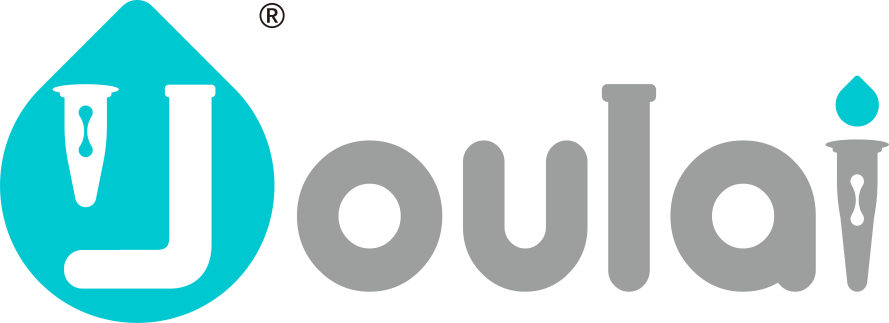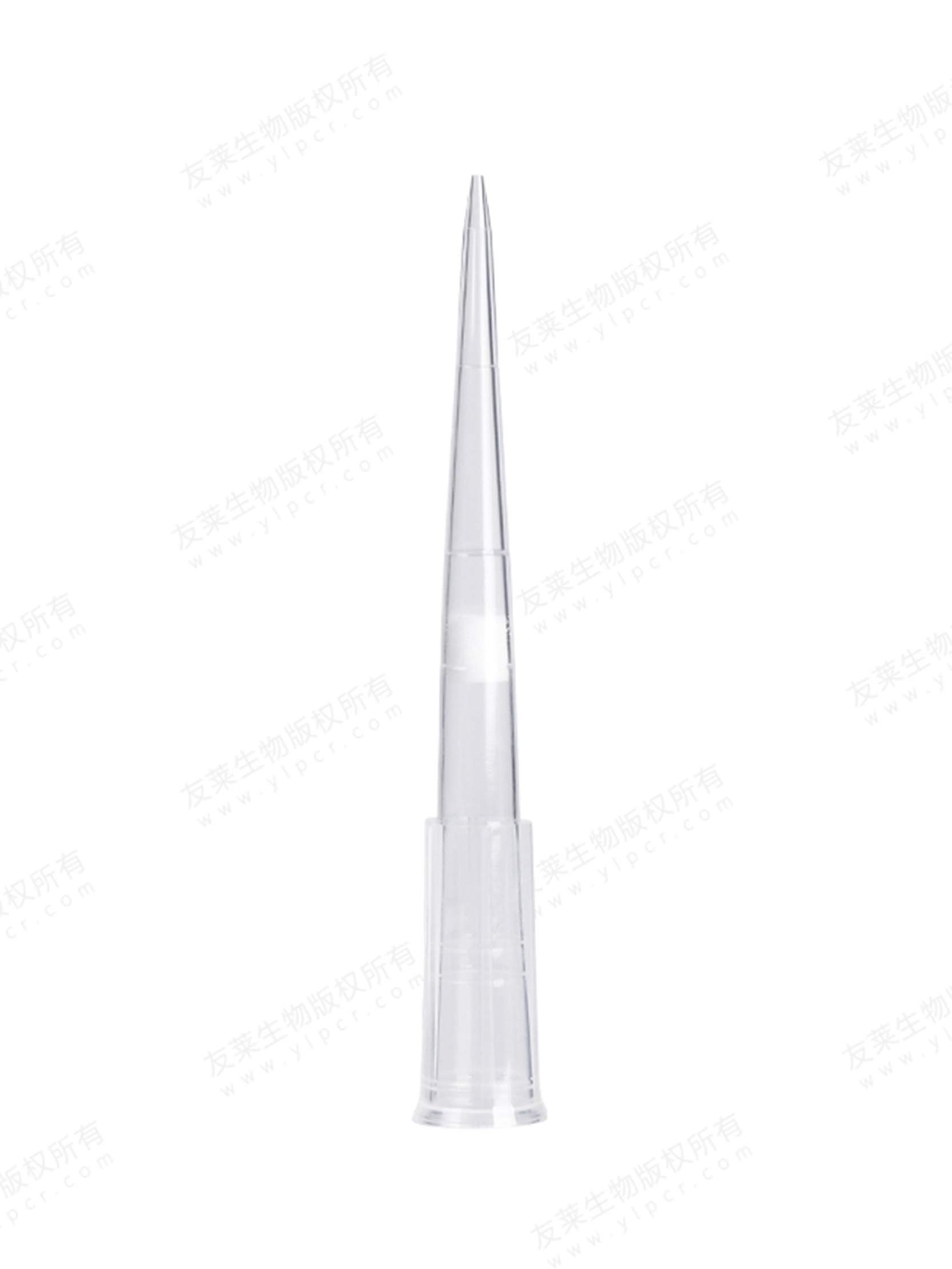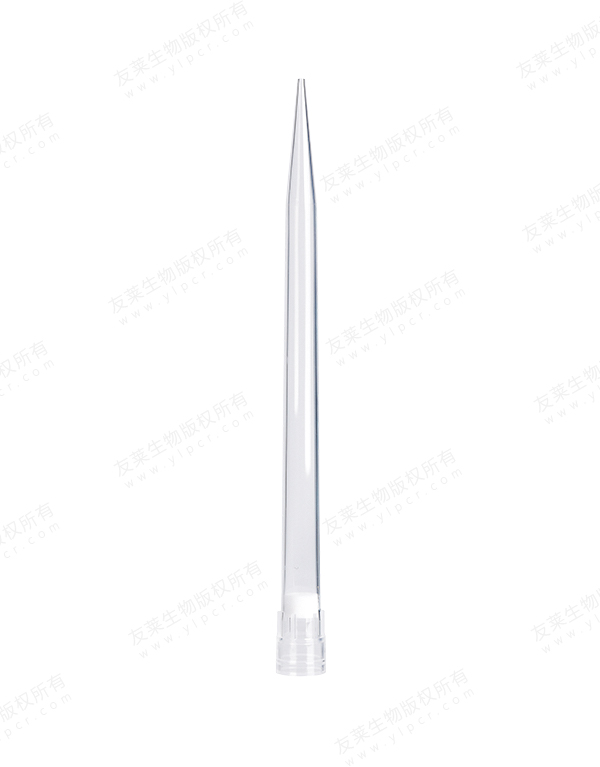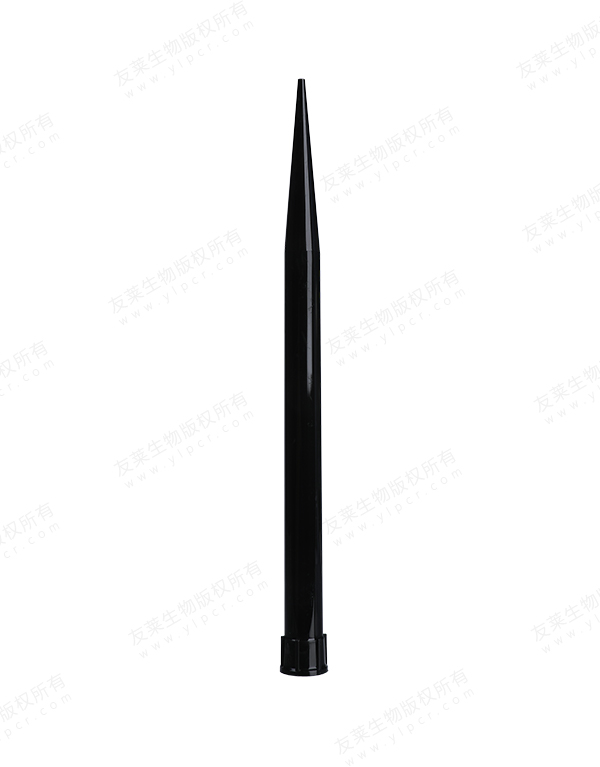When you choose the wrong tip type, you risk losing precision and accuracy of your pipette. Low quality tips can cause contamination, waste precious samples or reagents and can even put your hands at risk for repetitive strain injury.
High quality tips have a perfected blend of raw materials and efficient manufacturing processes for superior low retention and are autoclavable.
Precision
Pipette tips that don’t fit correctly or are of lower quality can significantly influence the accuracy and precision of your scientific study. Often these errors cannot be spotted through the naked eye, but can affect your final results significantly.
High-quality universal tips are manufactured under rigorous conditions to ensure they meet the highest standards of quality, precision and safety. This includes the sourcing of premium grade polypropylene, specialized raw materials and advanced tools/protocols to guarantee sterility, clarity and consistency.
High-quality pipette tips are clear enough to easily see aspirated liquid and have a flexible shape that allows them to fit tightly on your pipette with minimal force. This feature prevents leaking, loss of valuable samples and reagents as well as repetitive stress injuries (RSI). Low-retention tips are designed to reduce sample binding and maximize volume dispensing while barrier/filter tips create a physical obstacle that helps inhibit cross contamination. These features make a huge difference when handling sensitive cellular samples or any other viscous material.
Accuracy
The accuracy of pipette tips is critical for ensuring the correct volume is aspirated and dispensed. This is especially important for applications that require precise results such as real-time PCR or mass spectrometry. These highly sensitive methods can be affected by the transfer of valuable molecules, such as DNA/RNA and protein, that bind to polypropylene and are lost during aspiration and dispensing.
The most accurate tips are those that are manufactured using high-quality materials and stringent manufacturing protocols. This includes using virgin polypropylene that is free from plastic and metal additives that could contaminate samples. It is also essential to confirm that any dyes used in color-coded tips are free of metallic additives that could leach into samples.
Additionally, the most accurate tips have a high percentage of sample retention to minimize wasted liquid. This can be achieved by using a polypropylene blend that has heightened hydrophobic properties, or by adding a silicone coating. These features can help to prevent viscous or low surface tension liquids from spreading and contaminating the inner wall of the tip.
Sterility
Pipette tips must be free from living contaminants to ensure precise and accurate measurements. Microbial contamination can result in lost lab time and expensive re-work due to inaccurate results or failed experiments. Sterile pipette tips are tested and certified to meet these criteria.
Choosing the right type of tip for an experiment depends on several factors. Some features are essential for accurate measurements while others provide convenience or reduce costs. For example, sterile barrier tips protect pipettors from aerosol carry-over and help maintain sterility in sensitive applications.
Other tips, such as non-filtered, racked, sterile, and gamma-irradiated, are perfect for general lab applications that do not require sterility or contamination control. They can also be used with most micropipettors, eliminating the need to stock different brands.
Safety
With the rising research benchmarks, pipette tips have undergone major improvements in terms of chemistry and technology. For example, top-quality tips are free of metal / plastic additives and surface-modifying chemicals that may cause contamination in your sample. The resulting high-retention, completely hydrophobic tips are also more durable and easier to work with.
The most common types of pipette tips are non-filter and pre-sterilized ones that can be used for basic lab experiments and reagents that do not have high contamination risk. These are generally less expensive than filter tips.
Choosing the correct tip for your experiment is crucial. Using the wrong type can contaminate your pipette or your samples, lead to inaccurate data, waste precious reagents and even cause you physical harm like repetitive stress injury. Thankfully, by following simple precautions and selecting the right tips for your work, you can avoid these costly mistakes.

 English
English русский
русский 中文简体
中文简体



